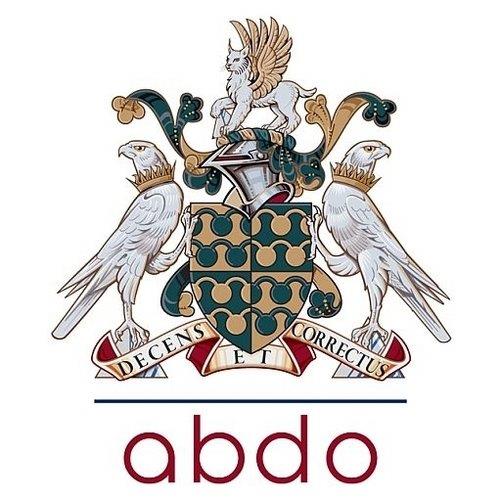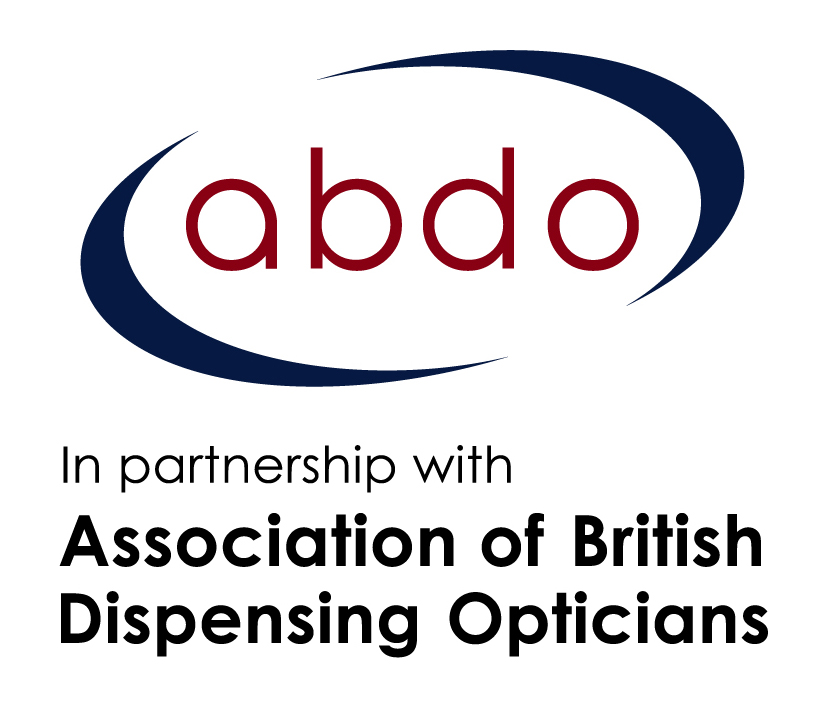Blended Diploma in Ophthalmic Dispensing
Qualification Gained: Assoc of British Dispensing Opticians Diploma in Ophthalmic Dispensing
Study LevelLevel 6 Course TypeHigher Education Duration3 Academic Years Start DateSeptember 2025 Study ModePart-time LocationGarden MillsOverview
The part-time Diploma in Ophthalmic Dispensing is aimed at those who are currently working in an optical practice, who wish to work towards becoming a fully qualified and registered Dispensing Optician. This course will provide a combination of asynchronous digital activities, evening seminars and face to face learning, allowing you to study at a time and place that best suits you. There will be a block release at the end of each academic year, whereby you will attend Bradford College for a period of up to four consecutive days.
The Blended Diploma in Ophthalmic Dispensing will provide you with the skills to achieve Fellowship of the Association of British Dispensing Opticians and become a General Optical Council Registered Dispensing Optician.
During this course you will study up to level 6 and receive a Diploma in Ophthalmic Dispensing on successful completion. In addition to your diploma, successful completion of your final qualifying exams will allow you to use the suffix FBDO (Fellow of the Association of British Dispensing Opticians).
Successful completion of this programme and the practical PQE and FQE examinations will lead to the award of the General Optical Council (GOC) approved ABDO Level 6 Diploma in Ophthalmic Dispensing. The suffix ‘FBDO’ may then be used and an application for entry onto the GOC Register as a Dispensing Optician may be made.
Key Info
The course benefits from almost 80 years of combined academic experience of the staff team. All staff on the Ophthalmic Dispensing programme team are qualified Dispensing Opticians. In addition to this, members of the Ophthalmic Dispensing programme team are employed as ABDO external examiners of both theory and practical examinations and this experience of working with the Professional Body is reflected in the currency of the programme.
Speakers from ABDO and the GOC visit the College annually to provide the students with information about registration and membership. You will need to register with both the GOC and ABDO as a student registrant during the period of your study.
Teaching and learning methods include:
- Small group discussions
- Seminars, tutorials and practical sessions
- Group work
- Self-directed learning
- Independent and group projects
- Lectures
- VLE based exercises
- Presentations
- Workshops
Year 1:
- Theory of General Optics
- Practitioner Development – Wellbeing and Reflection
- Patient Centred Care
- Theory of Ophthalmic Lenses
- Ophthalmic Dispensing Practice
Year 2:
- Ocular Anatomy
- Standards of Practice
- Practitioner Development part 2 – Leadership and Management
- Ocular Pathology
- Theory of Ophthalmic and Paediatric Dispensing
- The Assessment of Refractive Errors
Year 3:
- The Assessment and Management of Refractive Errors
- The Assessment and Management of Visual Impairment
- The principles of Contact Lens Wear
- Advanced Theory of Ophthalmic Lenses
- Advanced Ophthalmic Dispensing Practice
- Practitioner Development part 3 – Research Project
Entry to this course requires:
- A minimum of 5 GCSEs (A* – C) including Mathematics, English, and Science.
- One A Level (Grade C) or equivalent.
On enrolment, students must have membership with ABDO and be registered with the GOC.
We also consider individual applicants who can demonstrate relevant learning, work/voluntary experience, using our Recognition of Prior Learning process. Please contact the admission team for further information and support.
Modules will be assessed by a range of methods including practical reports, written course work, presentations, written and verbal examinations. Assessed grades are subject to external moderation.
Bradford College has excellent links with industry and students on the Diploma in Ophthalmic Dispensing will benefit from visiting lecturers on a regular basis. These include:
- Hoya UK Ltd Ophthalmic Lens Manufacturer
- Stepper UK Ltd Spectacle Manufacturer
- Coral Eyewear Spectacle Manufacturer
- Rodenstock Ophthalmic Lens Manufacturer
- Alcon Contact Lens manufacturer
The Part-time Blended Diploma in Ophthalmic Dispensing requires students to be in employment with a GOC registered Optician for a minimum of 20 hours per week.
Successful completion of this course means that you will be in a position to progress to:
- The role of a Dispensing Optician in a private practice, in the NHS or in a large multiple organisation
- A management position in an organisation
- Employment with lens and frame manufacturers
- You could go on to study the Contact Lens Certificate at Bradford College to train to become a Contact Lens Optician
- You could go on to study the Low Vision Honours course at Bradford College to train to become a Low Vision specialist
Many of our previous students have become:
- Practice Owners / Practice Directors
- Practice Managers,
- Account Managers
- Specialists in the field of Contact Lens fitting and Low Vison.
The BSc (Hons) and Diploma in Ophthalmic Dispensing offer students the potential opportunity to go on to study Optometry.
HE Tuition: £4,500.00 per academic year
Other Costs: £30 GOC registration fee per year, £100 ABDO registration fee per year, £20 City Rule, £70 Facial gauge. In addition to this, there are 2 sets of professional examinations which need to be sat with the Association of British Dispensing Opticians in order for you to practice as a registered Dispensing Optician This is representative of the most common fees scenario, but actual fees can vary depending on a number of factors. Please contact us if you need more guidance.
This is representative of the most common fees scenario, but actual fees can vary depending on a number of factors. Please contact us if you need more guidance.
If you have any questions or require any additional information, please contact [email protected]
Disclaimer: Our prospectus, college documents and website are simply here to offer a guide. We accept no liability for any inaccurate statements and are not responsible for any negative outcomes if you rely on an inaccurate statement. We reserve the right to withdraw any programmes or service at any time.




